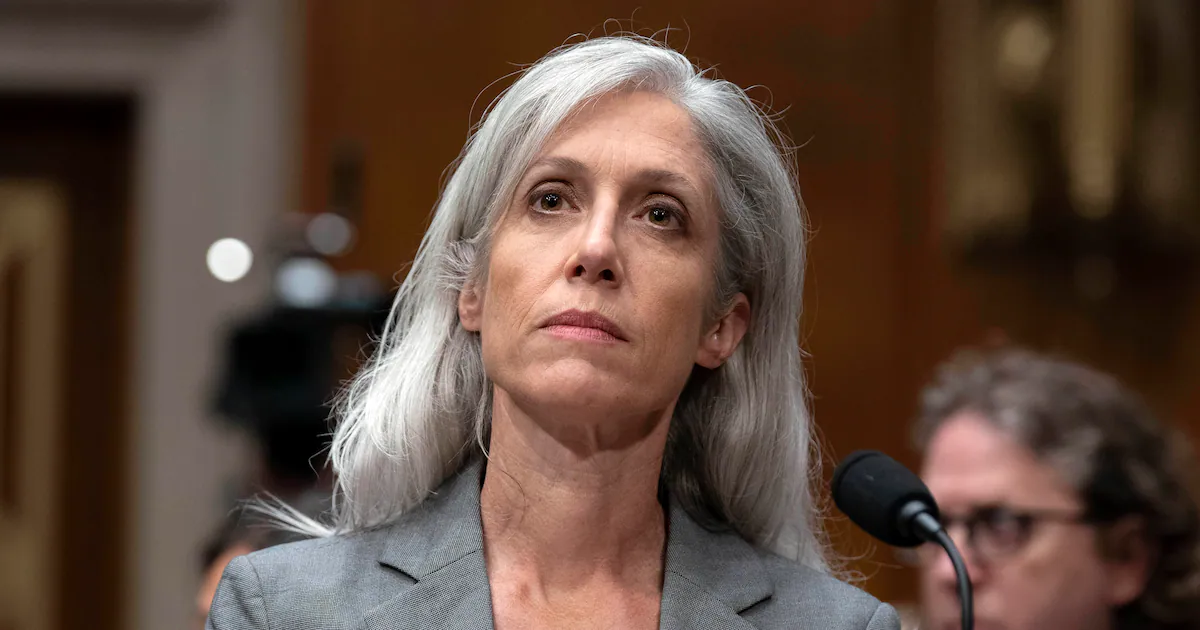Copyright cleveland.com

COLUMBUS, Ohio -- Ohio lawmakers are worried the state lacks clear, legal recourse against artificial intelligence chatbots that suggest harmful behaviors. “Several recent cases across the country have shown how easily young people in crisis can be influenced by chatbots that provide instructions, encouragement, or validation for suicidal thoughts or violent actions,” Rep. Christine Cockley, a Columbus Democrat, said. That’s why she and Republican Rep. Ty Mathews, from Hancock County, are proposing Ohio hold the companies behind the chatbots liable. House Bill 524 would give Ohio’s Attorney General the authority to investigate these situations, issue cease-and-desist orders, and bring civil actions for penalties of up to $50,000 per violation. Any money collected would go to the 988 Suicide and Crisis Lifeline Fund, which supports mental health crisis response services across Ohio. Earlier this year, Matthew and Maria Raine testified before Congress after their 16-year-old son took his life. The California couple discovered long conversations with ChatGPT, where their son shared suicidal thoughts and was offered help writing a suicide note. “The whole crux of this bill is how do we prevent this going forward,” Mathews said. Rep. Ron Ferguson, a Jefferson County Republican, said he fully supports HB 524 in concept but wanted to work on the specifics before voting it out of the House Technology and Innovation Committee. The bill would allow the attorney general to investigate complaints or create his or her own inquiries. And the latter gave Ferguson pause. “I’m a little worried as to what the bar could be,” he said. Matthews and Cockley both said they were open to language suggestions. The two also see their bill as an extension of House Bill 469, which would declare that artificial intelligence systems can’t be considered people. One of the concerns about personhood is that it would make the companies that created these chatbots less liable for any harm they caused. “If you make this product,” Mathews said, “you are liable if it is causing self-harm or promoting self-harm among the people of Ohio.”



